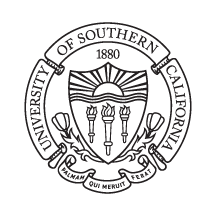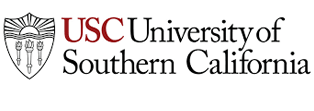
The construction of inclusive arrangements for governing global information and communication technologies (ICTs) has been a central concern of the international community for several years. However, in spite of much discussion and debate and various experiments in organizational innovation, very little real progress has been made in developing governance arrangements that include developed and developing countries, the private sector, and civil society in international agenda-setting and decision-making processes in a reasonably balanced fashion. This article analyzes lessons that can be learned from the experience of the International Telecommunication Union (ITU) regarding different strategies for reconciling national sovereignty with the inclusion of nonstate actors in governance processes. On this basis, it draws conclusions about the future course of ITU reform and about the implications of the ITU's experience for other international organizations and for the governance action plan to be produced by the World Summit on the Information Society.
information technology; International Telecommunication Union; inclusion; governance; sovereignty; Information Society










